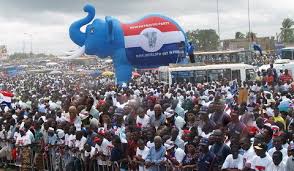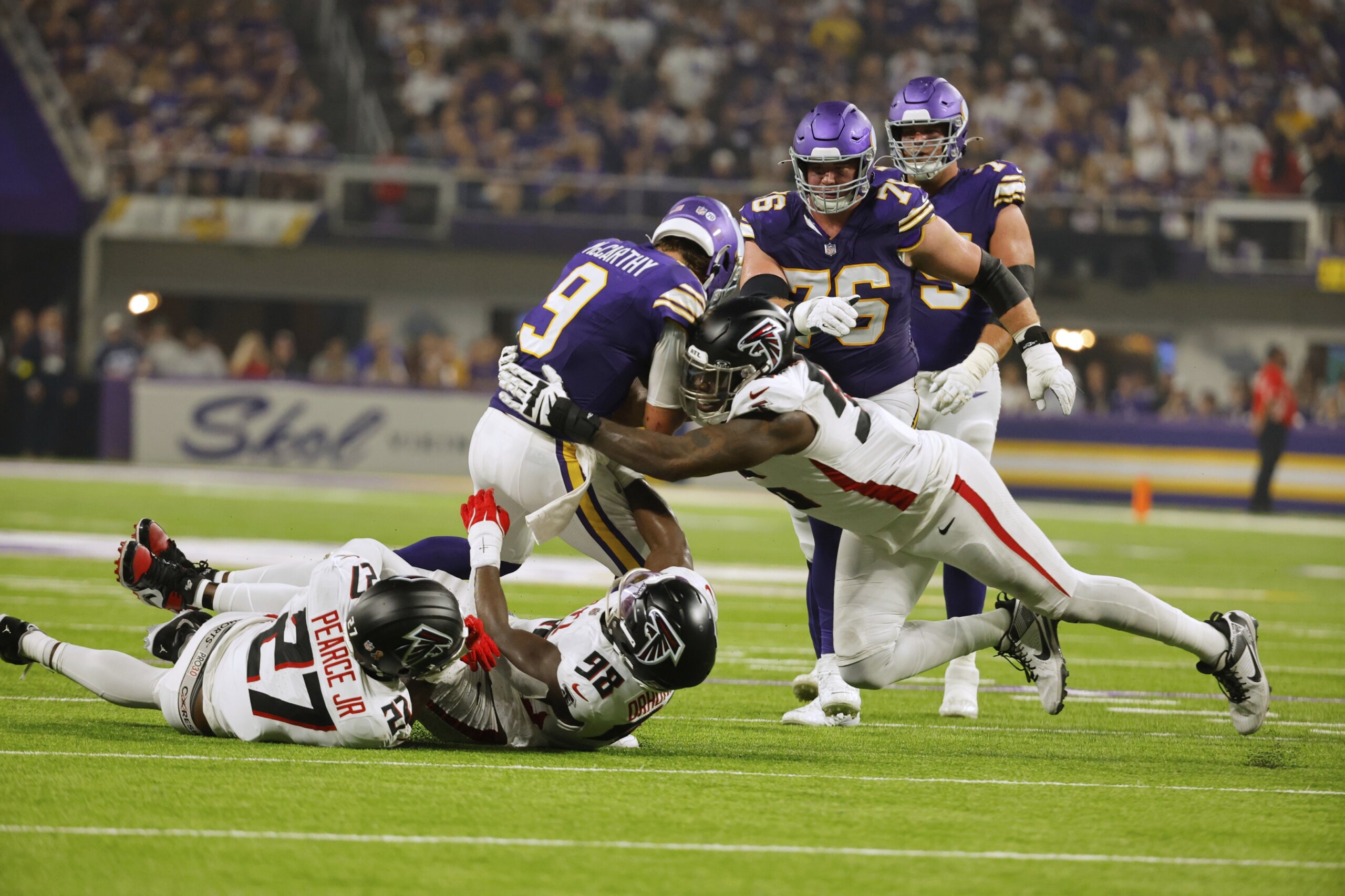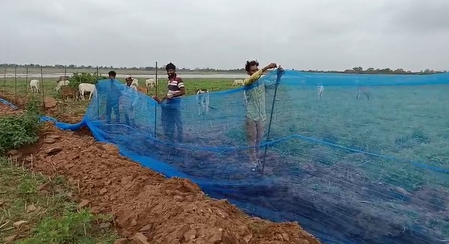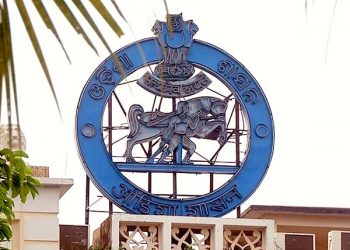By Alex
Copyright ahotoronline

Introduction
The political trajectory of the New Patriotic Party (NPP) since the inception of the Fourth Republic has been marked by historic achievements—but today, the party is battling a deep internal crisis. Issues surrounding unity, strategy, political packaging, and brand identity are threatening its very survival.
Historically, the NPP has played a vital role in Ghana’s democratic development, shaping political discourse and leading bold development initiatives. Its legacy includes robust policy debates and a commitment to economic liberalism. However, in recent years, the party’s once-dominant presence in shaping national political conversations has faded.
At both the national and grassroots levels, the party is suffering from structural breakdown—in government and in opposition. Under former President Nana Addo Dankwa Akufo-Addo, an internal culture of autocracy, combined with the use of money to control party narratives, sidelined traditional structures and weakened grassroots engagement. Key decisions were made from the presidency downward, undermining institutional consultation and participation. This erosion of democratic norms within the party has fractured unity and significantly damaged the trust of the grassroots base.
Today, the NPP—once celebrated as a beacon of liberal democracy in Africa—is at a crossroads. Having risen to power on promises of economic transformation, good governance, and anti-corruption, the party now faces internal division, public distrust, economic backlash, and voter fatigue.
This piece explores the factors behind the NPP’s decline, the risks it faces, and the urgent steps required if the party is to survive—and thrive—beyond 2025.
I. The Bane of the NPP: What Went Wrong?
1. Broken Promises and Economic Decline
The NPP came into office with bold promises: job creation, industrialization through 1D1F, free SHS, and infrastructure expansion. However, beneath the populist programs, the economic fundamentals collapsed:
Record-high debt accumulation
Soaring inflation
Persistent currency depreciation
Massive unemployment
These failures eroded public confidence and deepened economic hardship for ordinary Ghanaians.
2. Corruption and Cronyism
Despite a campaign promise to fight corruption, the NPP became embroiled in scandals—PDS, illegal mining (“Galamsey”), questionable procurement deals, and unchecked political patronage. Accountability systems were weakened, and whistleblowers were marginalized.
3. Arrogance of Power
A growing culture of arrogance, especially among the elite, alienated core supporters. Constructive criticism was ignored, and the concerns of party foot soldiers were brushed aside. Leadership became increasingly disconnected from the party base.
4. Internal Factionalism
The intense rivalry between factions—most notably between the Alan and Bawumia camps—tore at the fabric of party unity. Infighting overshadowed governance and demoralized loyalists.
5. Poor Succession Planning
Rather than nurturing competent young leaders, the party relied on ethnic balancing and loyalty politics. As a result, many competent voices were sidelined, leading to an uninspiring leadership pipeline.
II. Challenges Facing the NPP Today
1. Loss of Grassroots Support
Long-time supporters, especially youth and foot soldiers, feel neglected and betrayed. Promised jobs, contracts, and political inclusion never materialized. Many are walking away in silence.
2. Image Crisis
The NPP is now perceived as elitist, corrupt, and tone-deaf. Its earlier image as a disciplined and forward-looking party has been badly damaged.
3. Exodus of Influential Members
Founding members, intellectuals, financiers, and professionals have either resigned, gone quiet, or defected to opposition parties—leaving the NPP ideologically weak and financially constrained.
4. Opposition Momentum
The National Democratic Congress (NDC) has seized on NPP’s failures. With former President Mahama’s return, the opposition has regained momentum, positioning itself as a more stable and reformist alternative.
5. Distrust in Party Structures
The credibility of party structures is at an all-time low. Reports of manipulated primaries, candidate imposition, and centralized power have eroded confidence in internal democracy.
III. The Collapse Is Near—Unless…
The NPP’s defeat in the 2024 elections was a warning. If the party fails to undertake deep and honest reforms, it faces:
Electoral irrelevance
Permanent fragmentation
Historical discredit as a failed political experiment
But collapse is not inevitable. It is the consequence of inaction. What happens next depends on how the NPP responds—now.
IV. The Road Forward: Rebuilding the NPP
To recover, the NPP must undertake comprehensive internal reforms:
1. Genuine Introspection and Accountability
The party leadership must confront past mistakes. Public acknowledgment of policy and governance failures is the first step toward rebuilding trust.
2. Grassroots Reconnection
Power must return to the base. Constituency executives, polling station coordinators, and local party workers need to be heard, respected, and empowered.
3. Ideological Reorientation
The NPP must re-define its mission in today’s Ghana. It’s time to shift from empty slogans to a bold, inclusive, people-centered ideology focused on social justice, youth development, and job creation.
4. Leadership Renewal
New leadership is non-negotiable. The future of the party lies in credible, principled, and visionary leaders—not recycled elites driven by entitlement.
5. Internal Democracy Reform
The NPP must embrace transparent primaries, independent vetting processes, and decentralized power to restore legitimacy within its ranks.
6. Youth and Women Inclusion
Beyond token appointments, young people and women must be given real leadership roles. The future of the party depends on their energy, innovation, and legitimacy.
The NPP’s dramatic decline is a cautionary tale of what happens when power is misused, internal democracy is ignored, and the people are forgotten. Yet, all is not lost.
The NPP can rise again—but only if it chooses humility over hubris, reform over rigidity, and people over power. This is a moment of reckoning—not just for the NPP, but for Ghana’s democracy.
Will the party choose renewal and relevance, or will it continue down the road of arrogance and collapse?
Time will tell. But history will not forget.
By: Alexander Kukah



